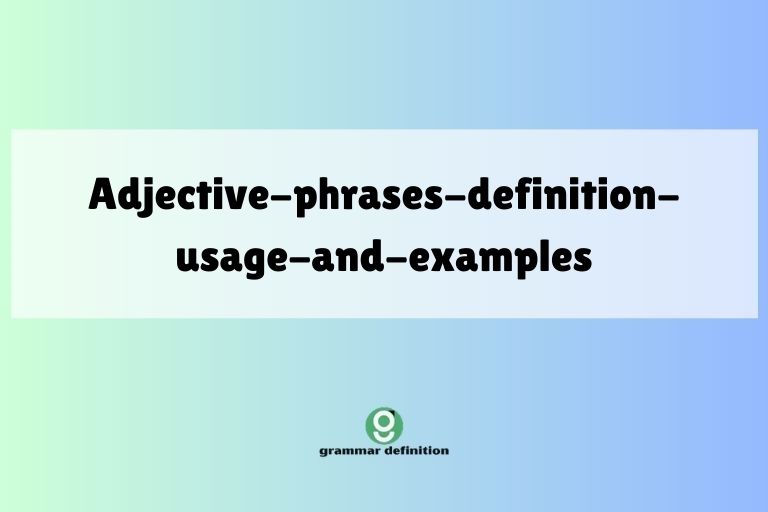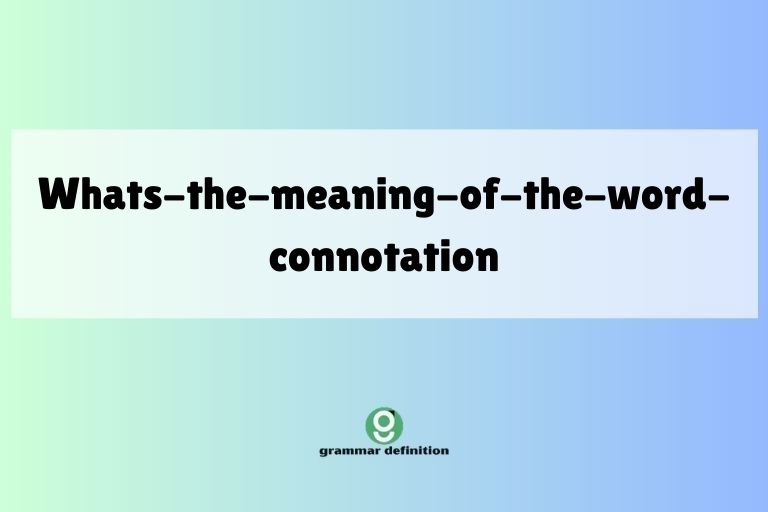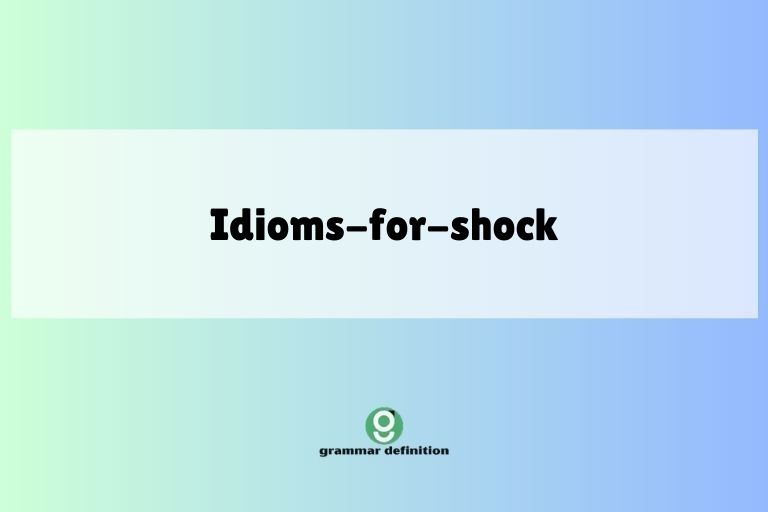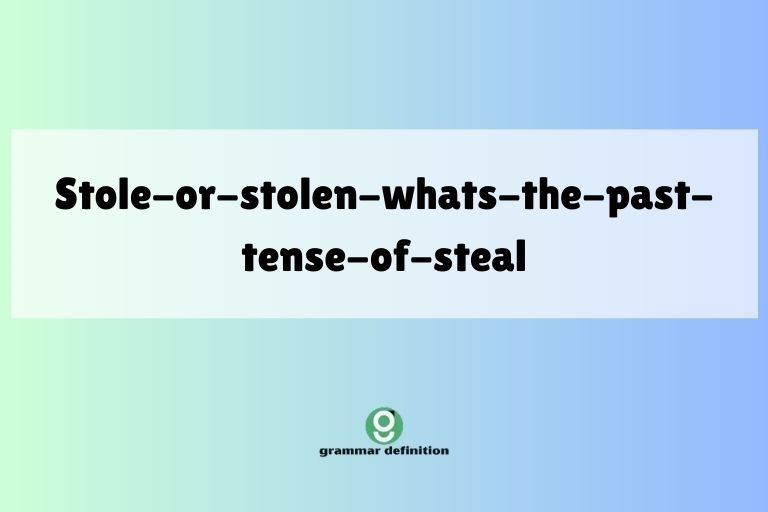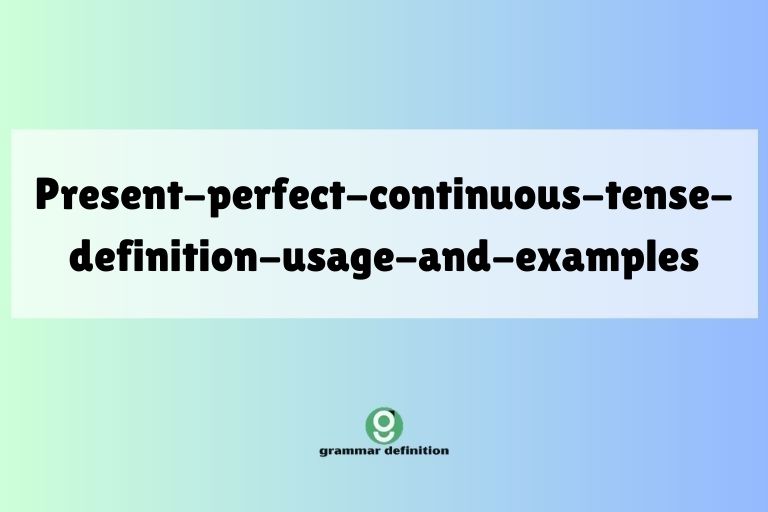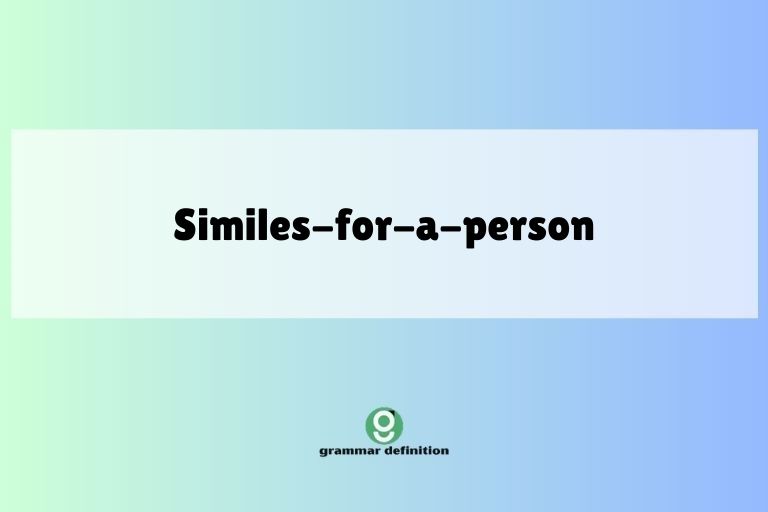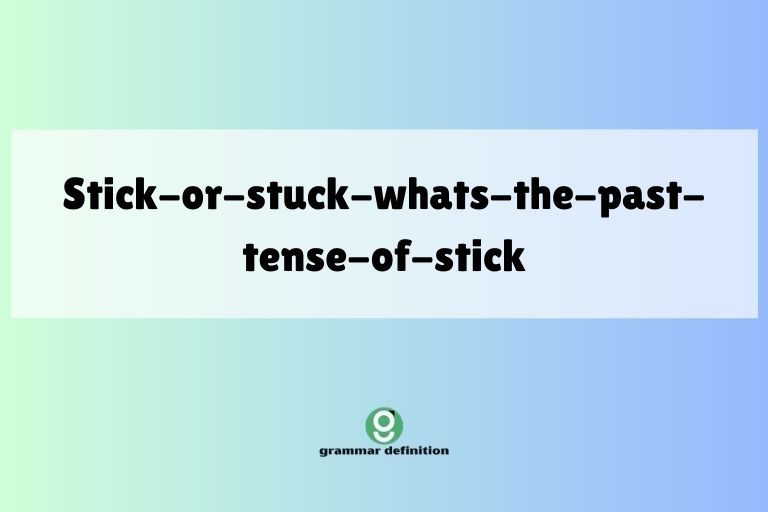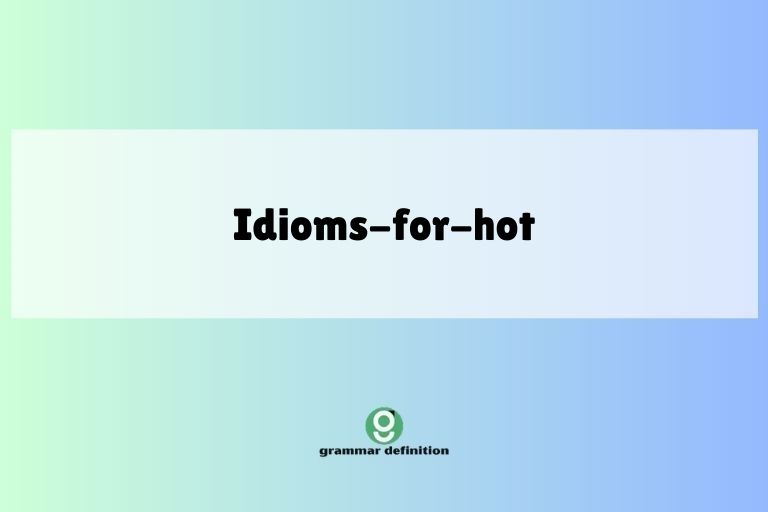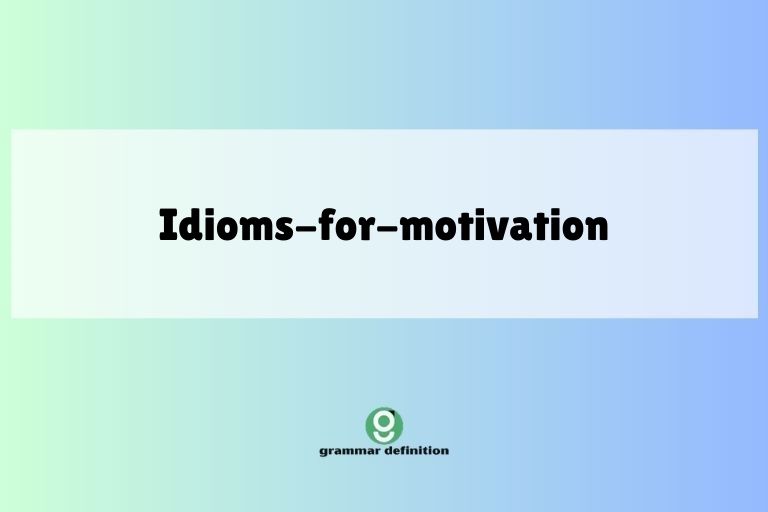Mastering Adjective Phrases: Definition, Usage, and Examples
Adjective phrases are an essential component of English grammar, adding depth and detail to our descriptions. Understanding how to use them effectively can significantly improve your writing and speaking skills. This article provides a comprehensive guide to adjective phrases, covering their definition, structure, types, usage rules, common mistakes, and advanced applications. Whether you’re a beginner … Read more

